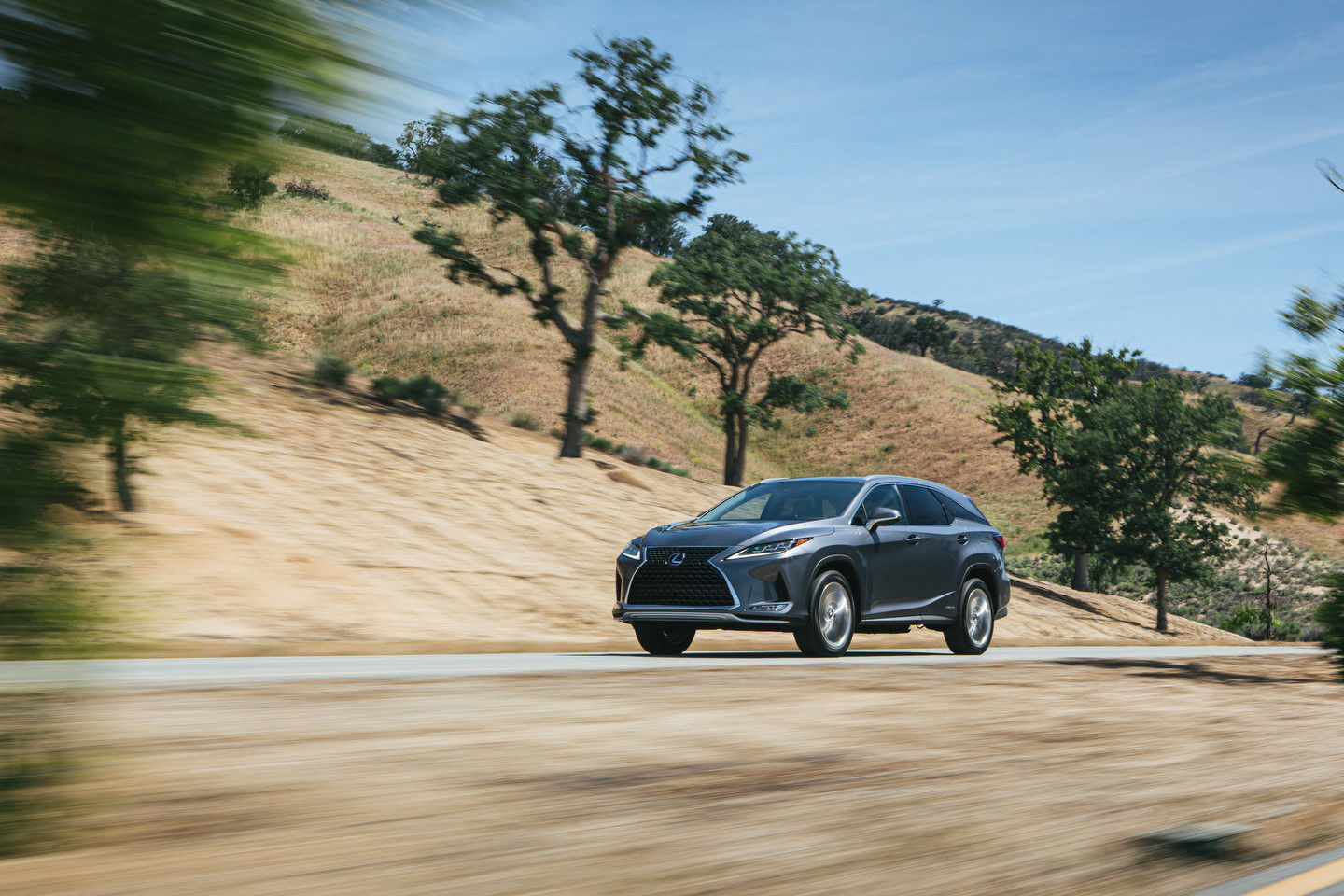Lexus Hybrid All-Wheel-Drive System Explained
July 31 2021,

Drivers in the Ajax region know that all-wheel drive is a major asset in winter. The stability and handling that comes with an all-wheel drive system when the road is snowy or just wet allows you to tackle the toughest conditions with peace of mind.
Several Lexus models come standard with all-wheel drive, while others, like the Lexus UX, offer it as an option. However, Lexus is also known for its hybrid vehicles and they too are entitled to all-wheel drive. Its operation is similar to a traditional system and the benefits are the same: greater stability on a slippery road, better performance and better overall handling.
How Does Lexus' Hybrid All-Wheel Drive System Work?
The hybrid engine uses a gasoline engine and an electric motor. On hybrid Lexus vehicles with all-wheel drive, the electric motor powers the rear axle while the combustion engine powers the front axle.
Power to the wheels is therefore provided by two separate motors, which is very advantageous, since the power of each of the motors is available immediately, particularly in the case of the electric motor.
The latter delivers torque immediately, which means the rear axle receives the power it needs to stabilize itself as soon as a loss of grip is detected. On many all-wheel drive systems, a power transfer must occur from front to back when a problem is detected. Behind the wheel, we feel this delay which seems like a hesitation on the part of our vehicle.
This can undermine confidence and a sense of peace of mind behind the wheel, especially when the road conditions are very difficult. You won't have this problem in a Lexus Hybrid AWD vehicle.
Gasoline consumption does not suffer
All-wheel drive vehicles generally have a lower fuel economy rating than an equivalent front-wheel drive vehicle. This is not the case with the Lexus UX 250h, for example, which has a fuel consumption rating of just 5.7 l / 100 km in the city and 6.2 l / 100 km on the highway. That's about 2.0 liters less per 100 kilometers than the front-wheel drive UX 200.
If the UX 250h doesn't suffer from a drop in efficiency, it's because the electric motor that powers the rear wheels doesn't require gasoline.
The Lexus all-wheel drive system is offered on the following hybrid models:
- Lexus UX 250h
- Lexus NX 300h
- Lexus RX 450h
- Lexus RX L 450h
Contact us today to learn more!


